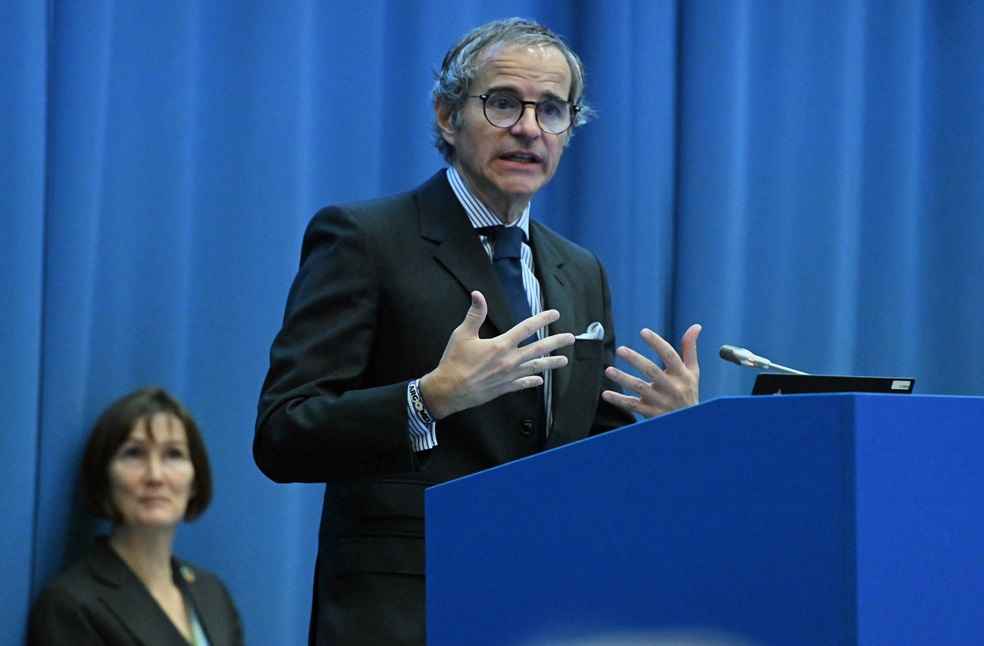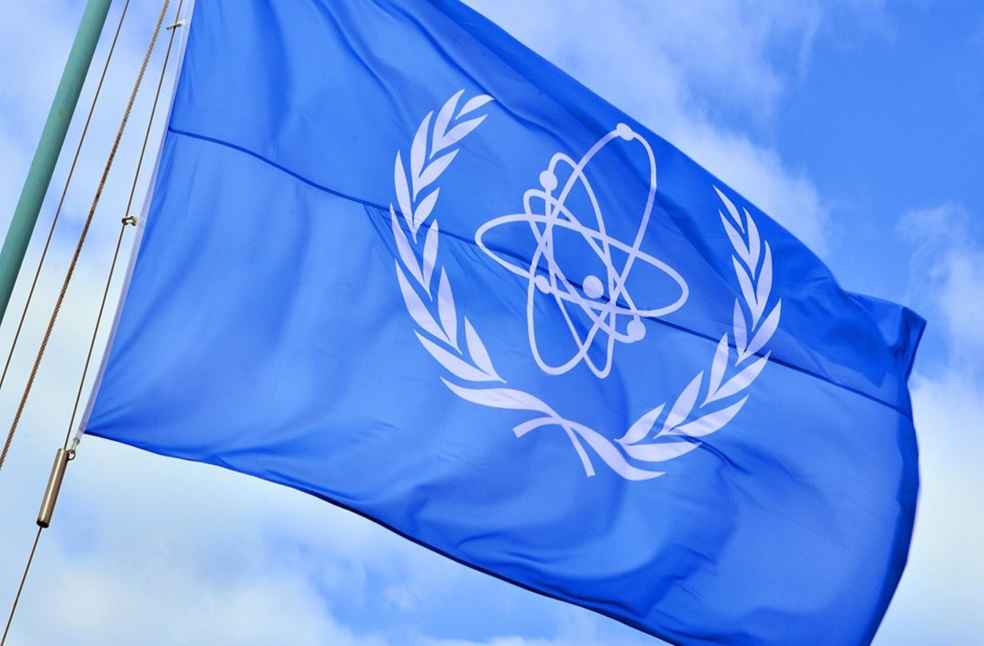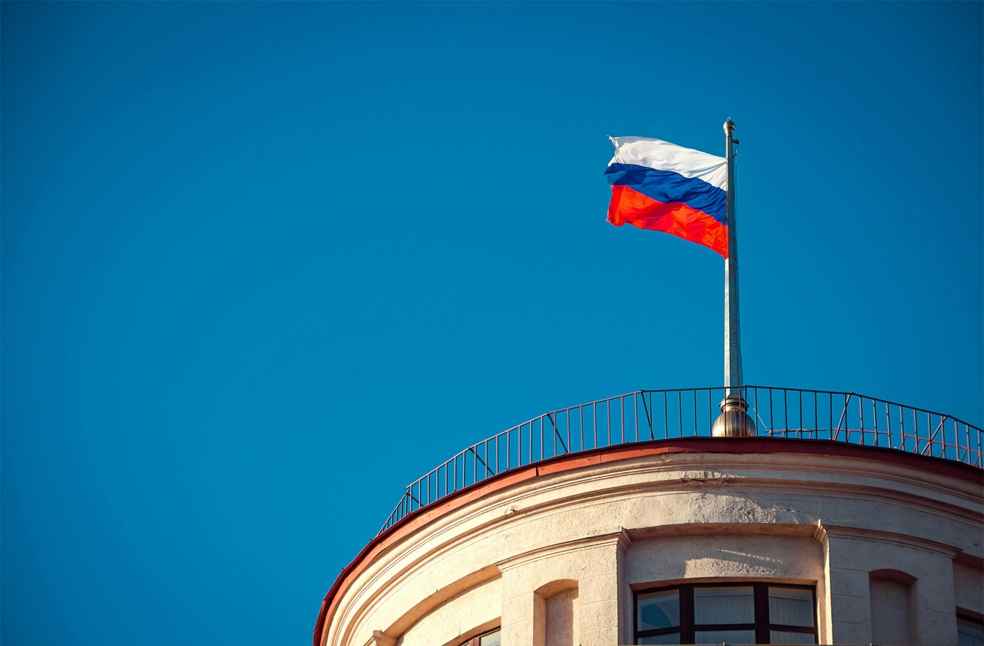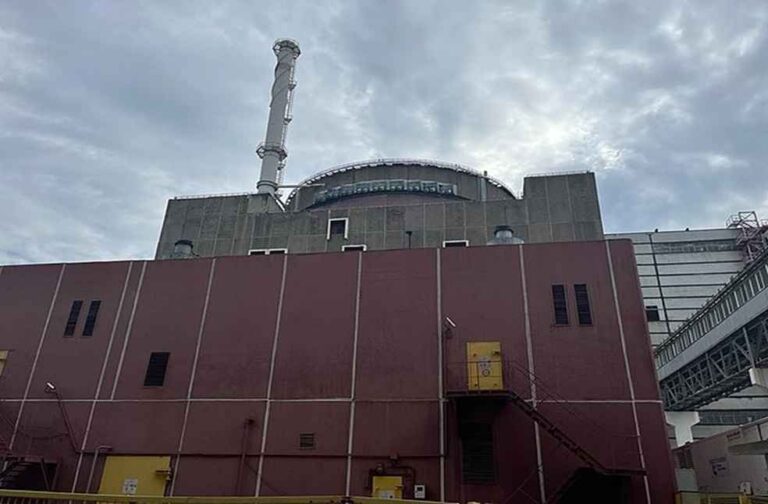Geneva: The International Atomic Energy Agency (IAEA) has warned that a drone attack on Ukraine’s Zaporizhzhia power plant raised the risk of a nuclear disaster. The power plant contains six reactors and is located in southern Ukraine, making it the largest in Europe. It is currently under Russian occupation after the country’s February 2022 invasion.
Russia claimed that the attack was carried out by Ukraine, which Ukraine has denied. The drone strike reportedly injured three people. The Zaporizhzhia plant is located on the front line of the ongoing conflict between Russia and Ukraine, and the United Nations’ atomic watchdog, IAEA, previously cautioned against such attacks.

IAEA head Rafael Grossi described the drone strike as “reckless” and “a major escalation of the nuclear safety and security dangers” faced by the power plant. The Zaporizhzhia nuclear power plant stopped producing power in 2022, but it still requires a constant supply of energy to cool one of its reactors which is in a ‘hot conservation’ state. This means that the reactor is not entirely offline.
The International Atomic Energy Agency, which owns a team of experts at the plant, confirmed that there was a ‘physical impact of drone attacks’ at the site, including at one of the reactors. The plant’s Russian-installed administration stated that radiation levels were normal and that there was no severe damage.

The IAEA confirmed that the damage did not compromise nuclear safety. However, the agency warned that “This is a serious incident with the potential to undermine the integrity of the reactor’s containment system.”
According to Grossi, at least three direct hits to the main reactor containment structures were reported. “This cannot happen. No one can conceivably benefit or get any military or political advantage from attacks against nuclear facilities. This is a no-go,” the IAEA head added.

Both Russia and Ukraine frequently blame each other for shelling a nuclear power plant, which could lead to a catastrophic nuclear accident. The Russian administration of the plant claims that Ukraine’s armed forces were responsible for the attack, but Ukraine denies any involvement. The UN’s atomic watchdog recently reported that their team of specialists stationed at the plant heard blasts every day for a week.
Grossi responded at the time, saying that, “For more than two years now, nuclear safety and security in Ukraine has been in constant jeopardy. We remain determined to do everything we can to help minimise the risk of a nuclear accident that could harm people and the environment, not only in Ukraine.”



